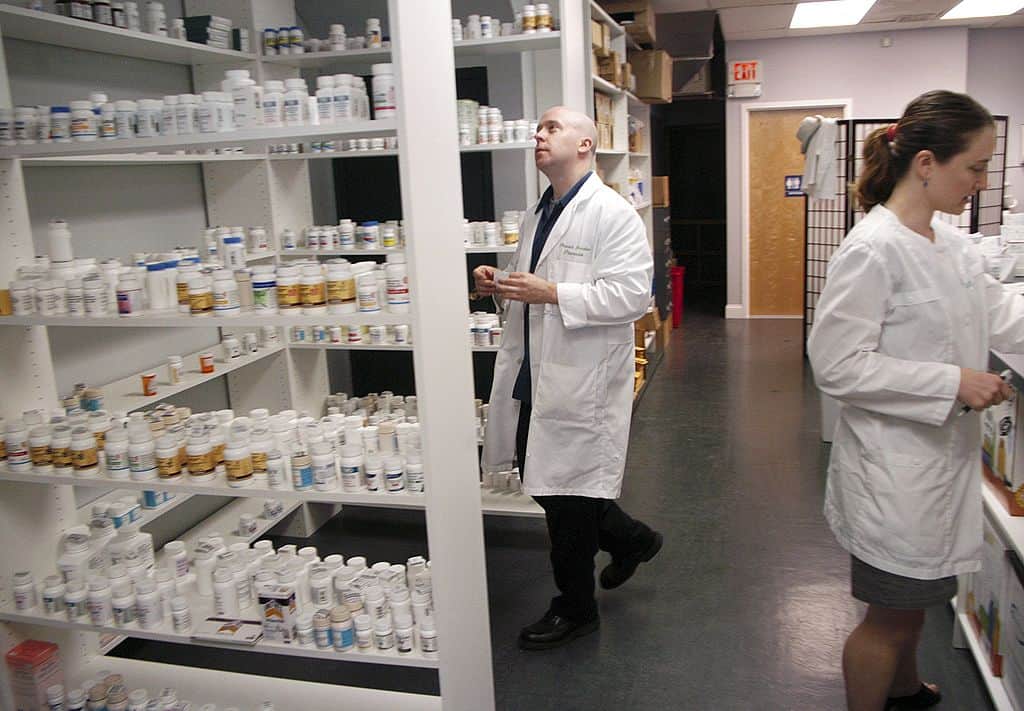NAM Leads Effort to Reform PBMs

Middlemen created to manage the price of prescription drugs are instead driving up health care costs for manufacturers and manufacturing workers, the NAM told the House Committee on Oversight and Accountability on Tuesday, the same day the committee released a report on pharmacy benefit managers’ practices and held a hearing on the matter.
What’s going on: “PBMs’ business models have the direct effect of increasing health care costs at the expense of manufacturers and manufacturing workers,” NAM Vice President of Domestic Policy Charles Crain said in advance of the hearing, the latest in a series examining PBM practices.
Crain told lawmakers PBM reform legislation should include:
- “Increased transparency into PBMs’ business models and the many factors that contribute to a drug’s costs, formulary placement and the PBMs’ compensation;
- Rebate passthrough, which will ensure 100% of negotiated pharmaceutical savings are passed from the PBM to the health plan sponsor and workers; and
- Delinking of PBM compensation from the list price of medication.”
Report highlights: The committee’s report, the culmination of a 16-month investigation, is in line with the NAM’s longstanding advocacy. The report found that PBMs:
- Drive increased drug prices, which inflate PBM profits;
- Extract high rebates from biopharmaceutical manufacturers, often pocketing a significant portion of any savings rather than reducing costs for patients;
- Dictate whether and how medicines appear on formularies, which determine insurance companies’ coverage decisions and patients’ out-of-pocket costs;
- Steer patients toward drugs based on PBMs’ profit margins rather than patient costs; and
- Operate without sufficient transparency into their business practices.
What it all means: The committee “identified numerous instances where the federal government, states and private payers have found PBMs to have utilized opaque pricing and utilization schemes to overcharge plans and payers by hundreds of millions of dollars,” the report states.
- The report indicates that the present role of PBMs in prescription drug markets is failing and requires change, something the NAM has long advocated. “Congress and states must implement legislative reforms to increase the transparency of the PBM market and ensure patients are placed at the center of our health care system, rather than PBMs’ profits.”
The last word: “Manufacturers provide health care benefits so they can effectively attract and retain employees, to maintain a healthy and productive workforce and because they believe it is the right thing to do—but PBMs are a meaningful cause of the skyrocketing costs of health care,” Crain said.
- “Congress must enact reforms to the PBM system so that employers can negotiate, compete and achieve health care savings for their workers.”
